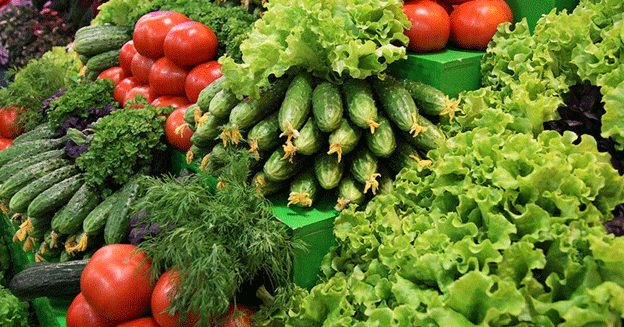The ETS is designed to cap greenhouse gas emissions and incentivize reductions by requiring companies to buy carbon credits to cover their emissions. As of recent updates, the scheme’s adjustments in industrial allocation are likely to place considerable financial burdens on greenhouse vegetable growers. Here’s how:
- Increased Costs: The new allocation could result in major producers facing fees as high as NZD $200,000. This cost is associated with the carbon emissions produced by the energy-intensive greenhouse operations, which require heating and lighting throughout the year.
- Financial Strain: For many growers, especially smaller operations, these additional costs could be unsustainable. The financial strain might force some to scale down operations or shut down entirely. This could lead to reduced local vegetable production and an increased reliance on imports.
- Industry Response: Vegetables New Zealand, the industry’s representative body, has expressed concern over these potential impacts. John Murphy, chair of Vegetables New Zealand, has highlighted that such financial pressures could drive producers out of business, leading to a significant reduction in local supply.
Current Trends and Data
- Energy Use in Greenhouses: Greenhouse vegetable production is highly energy-intensive. According to the New Zealand Greenhouse Gas Inventory, greenhouses contribute significantly to the country’s energy-related emissions due to their need for artificial lighting and temperature control.
- Economic Impact: A study by AgResearch found that energy costs account for up to 30% of total production costs for greenhouse growers. The proposed ETS changes could exacerbate these costs, threatening the financial stability of the industry.
- Global Context: Similar trends are observed globally. In the European Union, for example, carbon pricing has led to increased costs for greenhouse producers, which has influenced the industry’s competitiveness and led to higher vegetable prices.
Implications for New Zealand’s Vegetable Supply
- Reduced Local Production: If growers are forced out of business, New Zealand could experience a reduction in local vegetable production. This could lead to higher prices for consumers and increased imports, potentially offsetting any environmental benefits gained from the ETS.
- Potential for Innovation: On the positive side, the pressure to reduce emissions might drive innovation in greenhouse technologies. Investments in energy-efficient systems, renewable energy sources, and sustainable practices could mitigate some of the adverse effects of the ETS.
The upcoming changes to New Zealand’s Emissions Trading Scheme could have serious implications for the greenhouse vegetable industry. While the scheme aims to reduce carbon emissions, the financial burden on producers may threaten their viability and local food security. Balancing environmental goals with economic sustainability will be crucial to ensuring that New Zealand can both meet its climate targets and maintain a robust, local vegetable supply.









